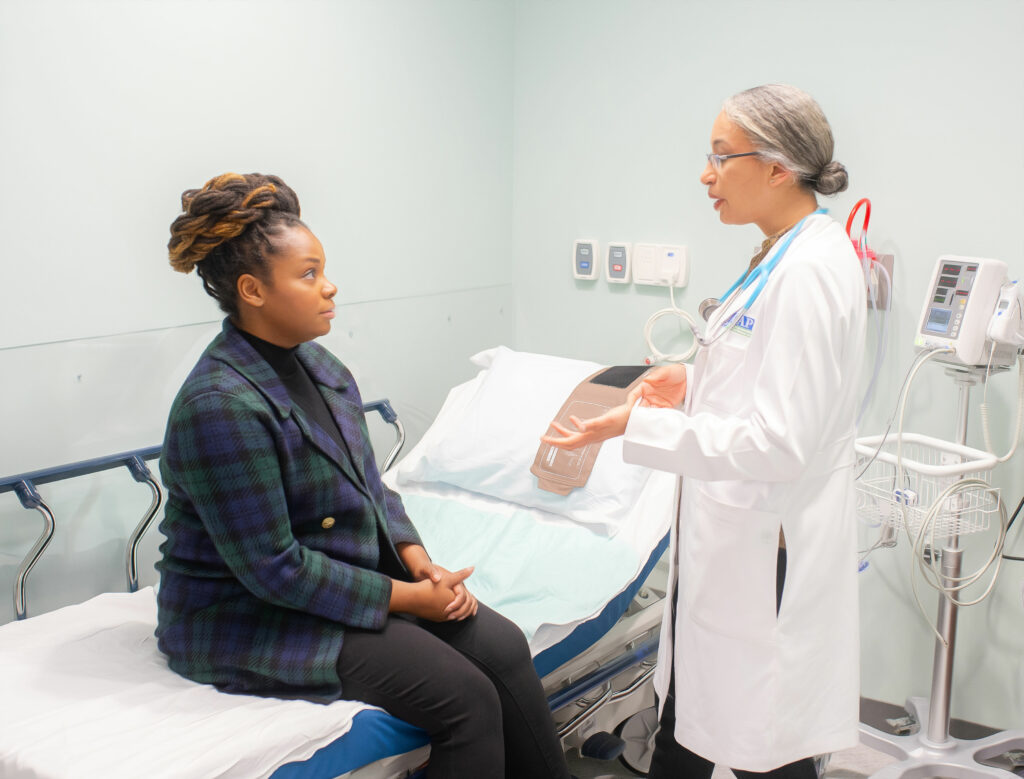Most people have heard the word “colonoscopy,” but for those who have never gone through the process, it can feel intimidating. Let’s talk some basics.
Why colonoscopy?
Colon Cancer has become the 2nd leading cause of cancer related death, and is predicted to be the number one cause by year 2030. Screening is crucial for cancer detection because most colorectal cancers don’t cause symptoms in the early stages. Many times, doctors first spot colon cancer (or polyps – which could turn into cancer) during a routine screening colonoscopy. Colonoscopy is the only form of screening that can remove polyps.
In addition, the procedure can help to diagnose symptoms such as unexplained diarrhea, abdominal pain, or blood in the stool.
I’ve never had a colonoscopy. Is it right for me?
For those at average risk with no symptoms, colonoscopy screening is recommended to start at age 45 and repeated every 10 years (if the test comes back clear). If someone has a family history of colon cancer or polyps, your recommended screening age will likely be lower, and you may need to repeat the procedure every 3-5 years.
What happens during a colonoscopy?
A colonoscopy allows your gastroenterologist to examine the lining of your colon (large bowel). This is done by inserting a narrow flexible tube into your anus, and advancing it slowly into the rectum and colon. The procedure itself only takes about 20 minutes, and the doctor and clinical support staff will be in the room the entire time.
Will I feel any discomfort?
Almost all colonoscopies in the U.S. are performed under a level of sedation or anesthesia that prevent you from feeling anything. Most often, patients are asleep for the entire procedure. Afterwards, we even hear some patients say, “I felt like I just woke up from a long night’s sleep”!
It doesn’t take long to recover from the sedative, but you should take it easy for the remainder of the day. This means don’t drive (you’ll need someone to take you home afterwards), go back to work, or make important decisions until the next day.
You may feel gassy or bloated for a while because of the air that was injected into your intestine during the colonoscopy, but this shouldn’t last long. You can eat foods that are soft and easy to digest to ease these side effects.
How soon will I know my results?
People usually get the preliminary results of their colonoscopy immediately following their procedure. The time it takes to receive the official results will depend on the findings. If your doctor finds polyps and removes them for further testing, you may need to wait up to two weeks to receive the final results. Most of all…relax, and feel good that you have taken an important step in your preventative healthcare!

